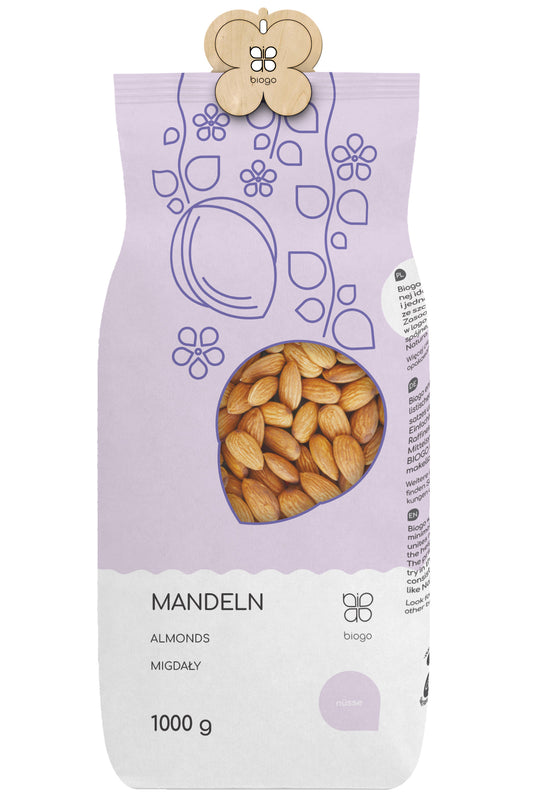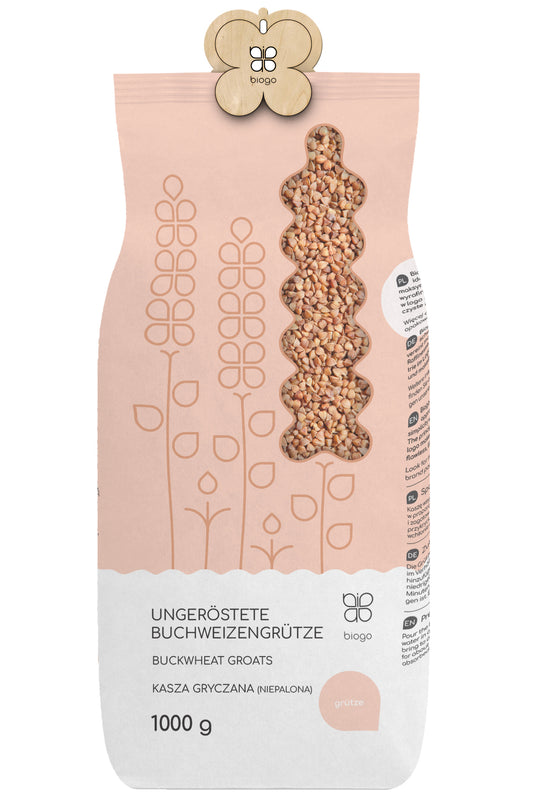Comment les sacs en plastique nuisent-ils à notre planète et comment pouvons-nous faire nos courses sans eux ?
Contenu:
- Comment les sacs en plastique nuisent-ils à notre planète ?
- Faire ses courses sans sacs en plastique
Selon les estimations du ministère du Climat et de l’Environnement, un habitant moyen de notre pays consomme en moyenne environ 300 sacs en plastique à usage unique par an. Même si nous sommes de plus en plus nombreux à essayer de limiter l’utilisation des sacs en plastique, le nombre reste alarmant. Surtout quand on se rend compte que la durée de vie de ce morceau de plastique est très courte - par exemple, on met des pommes dans un sac jetable , des carottes dans le deuxième et une miche de pain dans le troisième, on rentre à la maison, on déballe les courses et les sacs finissent dans le panier. Chacun d’entre eux, après avoir été transporté dans une décharge, restera dans le sol pendant 100 à 500 ans, libérant des substances nocives pour l’environnement.
Comment les sacs en plastique nuisent-ils à notre planète ?
Actuellement, dans les magasins, nous avons le choix entre deux types de sacs en plastique : payants, disponibles en caisse, d'une épaisseur de 15 microns, pour lesquels une taxe de recyclage est facturée depuis 2019, et gratuits, dits « déchirures », destinés à emballer les aliments proposés en vrac. Elles sont plus fines et on les retrouve au stand de fruits et légumes ou avec du pain par exemple. Nous aimons les utiliser, surtout lorsque nous oublions d'apporter nos propres emballages de la maison, ce qui est dommage car leur impact sur l'environnement n'est pas négligeable :
- Les sacs en polyéthylène, type PEBD, peuvent libérer des substances nocives,
- le polyéthylène à partir duquel sont fabriqués les sacs déchirables est fabriqué à partir de charbon, dont l'extraction contribue à des émissions excessives de gaz à effet de serre,
- Les sacs en plastique sont un produit jetable, c'est pourquoi ils sont déjà nocifs pour l'environnement et mettent également 100 à 500 ans à se décomposer.
- Bien que les sacs en plastique soient théoriquement recyclables, leur recyclage n’est pas rentable pour les fabricants, tout simplement parce que produire un nouveau sac en plastique prend une seconde et coûte moins cher.
- Le plastique ne peut pas être recyclé indéfiniment : après un traitement ultérieur, les fibres rétrécissent et la matière première obtenue est de qualité inférieure.
- Les aliments conservés dans des sacs en plastique se gâtent plus rapidement, ce qui peut contribuer au gaspillage alimentaire.
- Les sacs en plastique contribuent à la mort de diverses espèces animales : oiseaux, poissons, tortues et phoques. Les animaux qui les confondent avec de la nourriture peuvent les avaler, bloquant complètement leur tube digestif, ou s'y emmêler et s'étouffer.
- D’innombrables sacs en plastique finissent dans les rivières, les mers et les océans. Chaque année, 8 millions de tonnes de plastique finissent dans les océans, ce qui signifie que d'ici 2050, il y aura plus de déchets plastiques que de poissons si nous ne les réduisons pas déjà.
Faire ses courses sans sacs en plastique
Faire ses courses avec son propre sac réutilisable en coton ou en lin est le moyen le plus simple d'éviter les emballages en plastique, et heureusement, cela devient de plus en plus courant. Les produits lourds tels que les fruits, les légumes ou les noix peuvent être emballés dans des sacs en nylon ou en coton , qui sont également réutilisables. Les beaux paniers en osier fabriqués de manière traditionnelle deviennent de plus en plus populaires. Idéal pour le pain est un sac en lin, une matière respirante aux propriétés antibactériennes. Bien que les sacs en plastique soient l’une des plus grandes sources de pollution plastique, il est en réalité très facile de les remplacer par des sacs réutilisables et de les éliminer complètement de notre environnement.
LE CHOIX DE L'ÉDITEUR
Dattes séchées 1 kg BIOGO
- £4.00
£5.00- £4.00
- Prix unitaire
- / par
Amandes 1 kg BIOGO
- £11.00
£13.00- £11.00
- Prix unitaire
- / par
Graines de tournesol décortiquées 1 kg BIOGO
- £3.00
£4.00- £3.00
- Prix unitaire
- / par
Mangue séchée bio 400 g BIOGO
- £10.00
- £10.00
- Prix unitaire
- / par
Mûres blanches séchées 500 g BIO
- £6.00
£7.00- £6.00
- Prix unitaire
- / par
Popcorn (grains de maïs) bio 1 kg BIOGO
- £6.00
- £6.00
- Prix unitaire
- / par
Curcuma moulu bio 500 g BIOGO
- £6.00
- £6.00
- Prix unitaire
- / par
Graines de chardon-Marie 1 kg BIOGO
- £4.00
- £4.00
- Prix unitaire
- / par
Noix de cajou bio 1 kg BIOGO
- £18.00
- £18.00
- Prix unitaire
- / par
Gruau de sarrasin non décortiqué 1 kg BIOGO
- £3.00
£3.00- £3.00
- Prix unitaire
- / par







































































































































